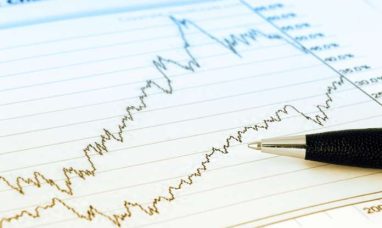The Hong Kong dollar, often overshadowed by major global currencies, occasionally finds itself in the spotlight due to economic shifts and policy changes. As one of the most traded currencies in the world, its stability is crucial for the region’s financial health. Recent economic reports suggest that the Hong Kong dollar’s pegged exchange rate system to the US dollar provides a buffer against volatile market conditions, yet it also poses unique challenges.
Hong Kong’s Monetary Authority maintains the currency’s peg through a mechanism known as the Linked Exchange Rate System, which has been in place since 1983. This system allows the Hong Kong dollar to fluctuate within a narrow band against the US dollar, offering predictability and attracting international investors. However, it also ties Hong Kong’s interest rates closely to those of the United States, limiting monetary policy flexibility.
In recent months, the Hong Kong dollar has experienced upward pressure due to capital inflows and a strong US dollar. This situation has prompted discussions among economists and policymakers about the long-term sustainability of the peg. Some argue that maintaining the peg ensures economic stability, while others suggest that a more flexible exchange rate could better accommodate Hong Kong’s economic dynamics.
Moreover, the geopolitical landscape and trade tensions play significant roles in the currency’s valuation. As Hong Kong navigates its position between China and Western economies, the Hong Kong dollar’s performance can serve as an indicator of broader economic sentiment and investor confidence in the region.
Financial institutions and corporations operating in Hong Kong must continually adapt to these currency dynamics. The banking sector, in particular, keeps a close watch on the currency’s movements to manage risks and leverage opportunities in foreign exchange markets. This vigilance is crucial for maintaining competitive advantage and ensuring compliance with regulatory requirements.
Despite these challenges, the Hong Kong dollar remains a vital part of the global financial ecosystem. Its role as a stable currency in Asia positions it as a key player in facilitating trade and investment in the region. As economic landscapes evolve and new financial technologies emerge, the Hong Kong dollar’s adaptability will be tested, requiring strategic foresight from policymakers and financial leaders.
In conclusion, the Hong Kong dollar’s journey is a reflection of the region’s economic resilience and adaptability. Its pegged system provides stability, yet the future may call for innovative approaches to currency management. As global and local factors continue to influence its trajectory, the Hong Kong dollar will remain a focal point of economic discussions and strategic planning for years to come.
Footnotes:
- The Linked Exchange Rate System has been in place since 1983 to stabilize the Hong Kong dollar. Source.
Featured Image: DepositPhoto @ Stockasso















